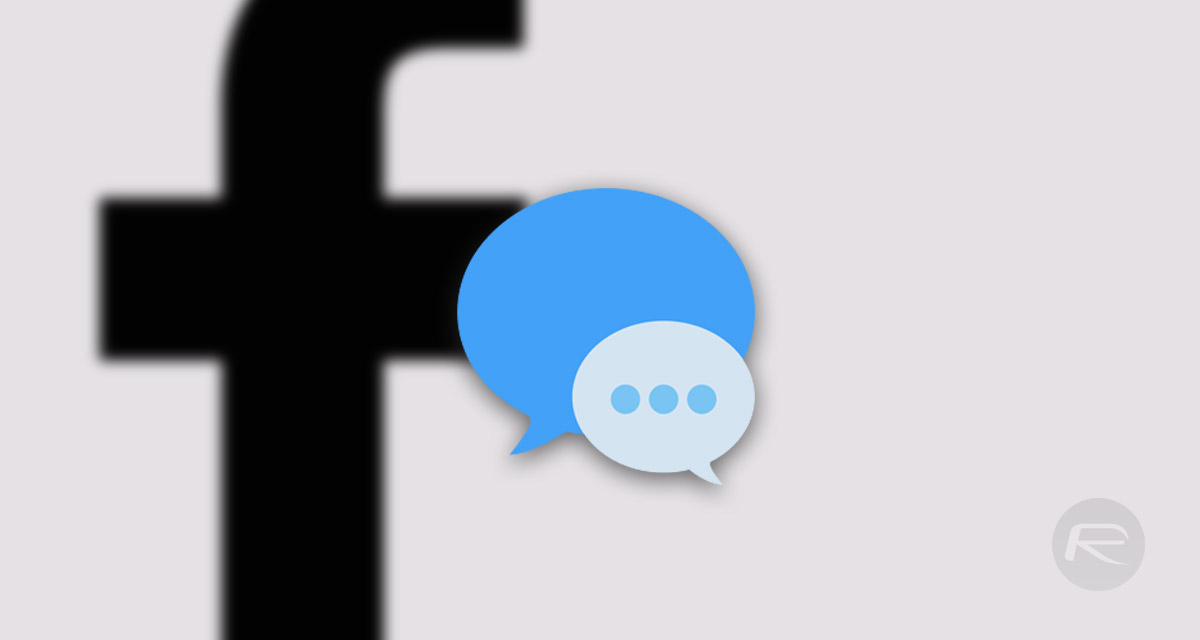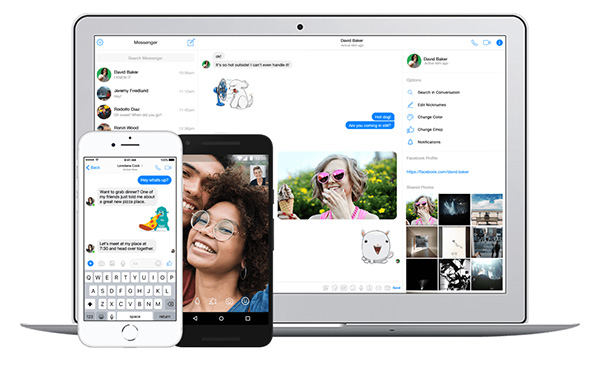Facebook founder and CEO Mark Zuckerberg believes that Apple’s iMessage is the company’s biggest competitor right now, with the soundbite coming during an earnings call with investors to cover Facebook’s third quarter results.
Zuckerberg told those on the call that Facebook considered iMessage to be the social network’s “biggest competitor by far” because it is losing out to Apple’s instant messaging service in “important” territories such as the United States, where iPhone usage is strong.

“Our biggest competitor by far is iMessage,” Facebook CEO Mark Zuckerberg said in an earnings call on Tuesday with investors, referring to the messaging service built into the iPhone and other Apple products. “In important countries like the U.S. where the iPhone is strong, Apple bundles iMessage as a default texting app and it’s still ahead,” he said.
Facebook believes that users are shifting their habits away from communicating via publicly shared content to more private services such as WhatsApp and iMessage.
Zuckerberg also took the opportunity to respond to Apple CEO Tim Cook’s repeated jibes at Facebook for its collection of personal data, using that as a business model to allow it to rake in cash.

“It’s worth noting that one of the main reasons people prefer our services, especially WhatsApp, is because of its stronger record on privacy,” Zuckerberg said.
“WhatsApp is completely end-to-end encrypted, does not store your messages, and doesn’t store the keys to your messages in China or anywhere else. And this is important because if our systems can’t see your messages, then that means that governments and bad actors won’t be able to access them through us either.”
On the subject of China it’s likely that Zuckerberg’s comments were directed squarely at Apple and Cook. Apple recently moved its Chinese iCloud services from a physical hosting location in the United States, to one in China. In fact, the company hosting iCloud data in China right now is state-run, something that can surely not be great for Chinese iCloud users’ privacy.
(Source: CNBC)
You may also like to check out:
- Download iOS 12.1.1 Beta 1 IPSW Links, OTA Update, macOS 10.14.2, tvOS 12.1.1
- 2018 iPad Pro 11 / 12.9-Inch Glass Screen Protector: Here Are The Best Ones Available Today [List]
- USB-C Cable For 2018 iPad Pro 11 / 12.9-Inch: Here Are The Best Ones [List]
- 2018 MacBook Air Vs 12-Inch MacBook Vs MacBook Pro [Battery Life Comparison]
- 12.9-Inch iPad Pro Vs 11-Inch iPad Pro Vs 10.5 iPad Pro [Specs Comparison]
- Jailbreak iOS 12.1 Might Be Possible Once Remounting Issue Is Fixed, Claims Developer
- Downgrade iOS 12.1 To iOS 12.0.1 On iPhone Or iPad, Here’s How
- Download iOS 12.1 Final IPSW Links, OTA Update For iPhone And iPad
- Jailbreak iOS 12.1 / 12.0.1 / 12 On iPhone And iPad [Status Update]
You can follow us on Twitter, add us to your circle on Google+ or like our Facebook page to keep yourself updated on all the latest from Microsoft, Google, Apple, and the Web.

